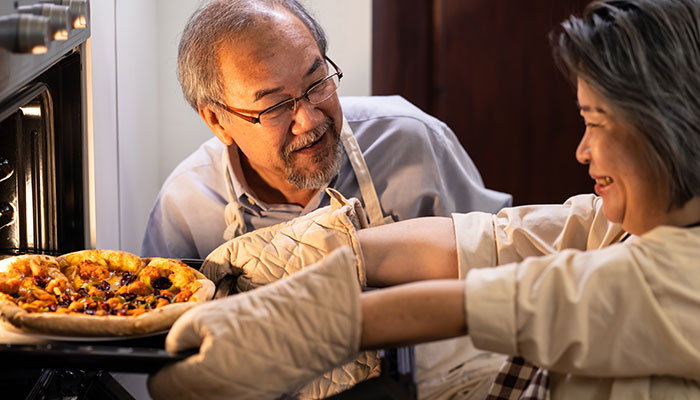The emotion of disgust is a natural response. It evolved to protect us from potentially dangerous, scary, or infecting situations. But when it arises in the course of caring for a loved one—you involuntarily gag, for instance—it may cause you both distress.
Getting to the other side of the disgust response can lead to deep trust and appreciation between you and the person you care for. It may also be challenging and initially embarrassing.
As an example, it’s common to feel disgust about a loved one’s incontinence.
- Accept and allow your reaction. Pretending it’s not an issue doesn’t help. Nor does willing your response away. Instead, remind yourself it’s your body and brain trying to protect you.
- Objectively explore what concerns you. Like a scientist observing without judgment. What is the threat? Is it concern about infection? Worry you might throw up? How likely is this to occur? What if it did? What could you do then?
- Reassure yourself that you can cope. Studies have found that you can weaken your disgust response by thinking of it as momentary, something that passes. Also, reminding yourself that you can handle whatever happens (even if you’d rather not).
- Empathy for your relative. You may also feel anger toward your relative as the source of your disgust. But remember, they aren’t incontinent on purpose. They, too, may have feelings of self-disgust and embarrassment. Focusing on your caring for them can quell your reaction.
- You don’t have to do everything. Over time, your disgust is likely to diminish due to repeated exposure. But if the situation is too much, consider having another relative do this task. Or hire home help or consider a move to a care setting. Professionals have more experience handling disgust and have no personal involvement, which may be easier on your relative also.
Is disgust a problem?
As the San Francisco experts in family caregiving, we at Compassionate Community Care understand how distressing it can be. Let us help. You don’t have to do this alone. Give us a call at (415) 921-5038.










